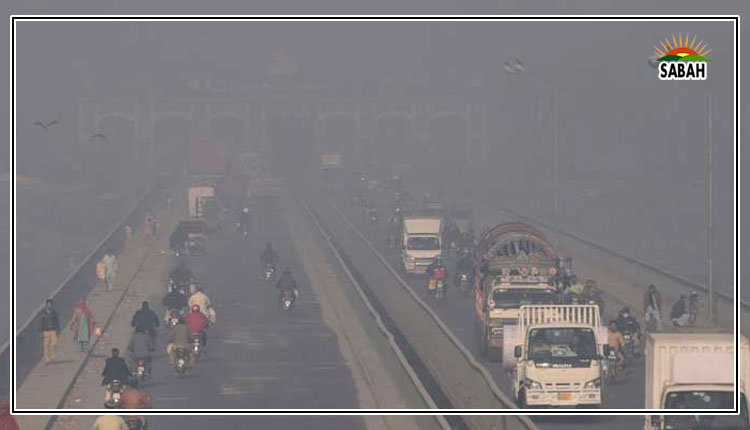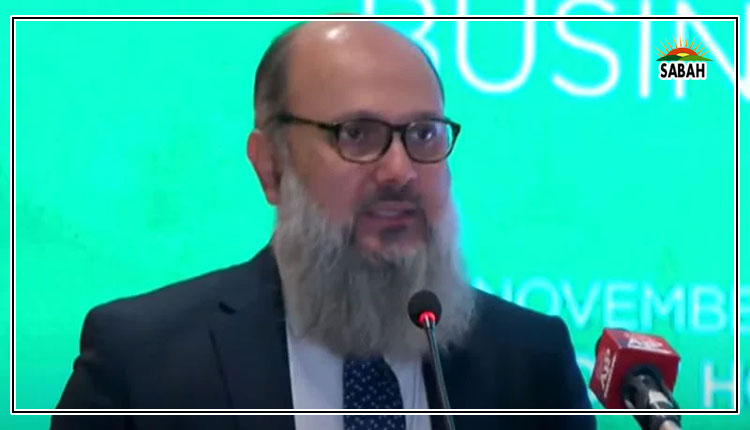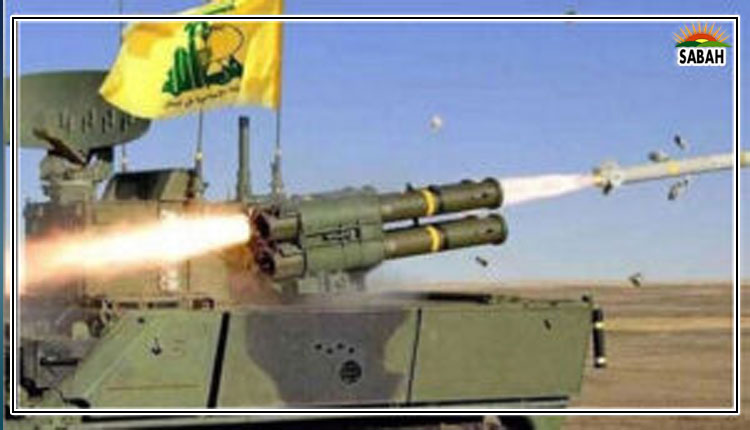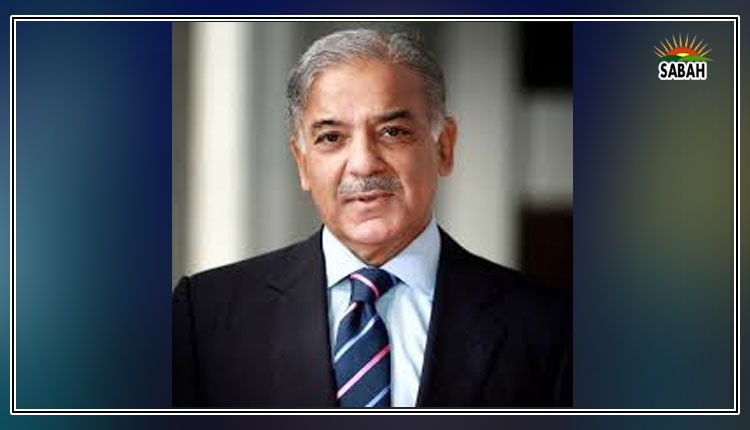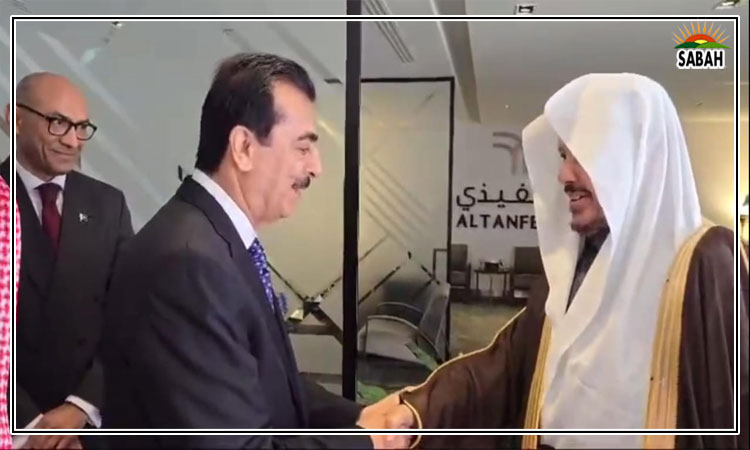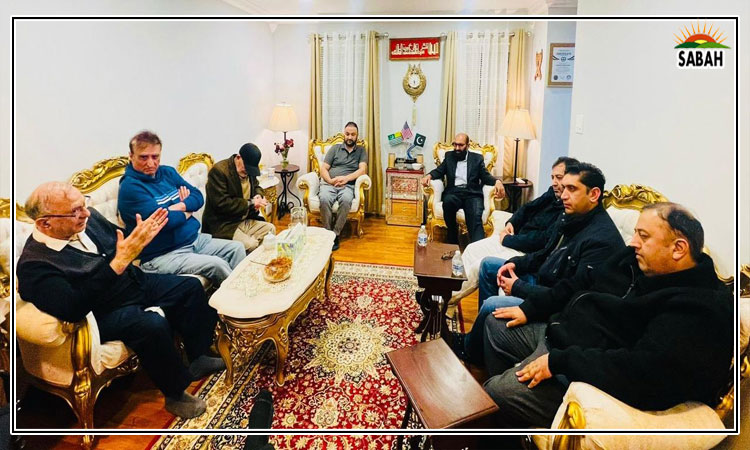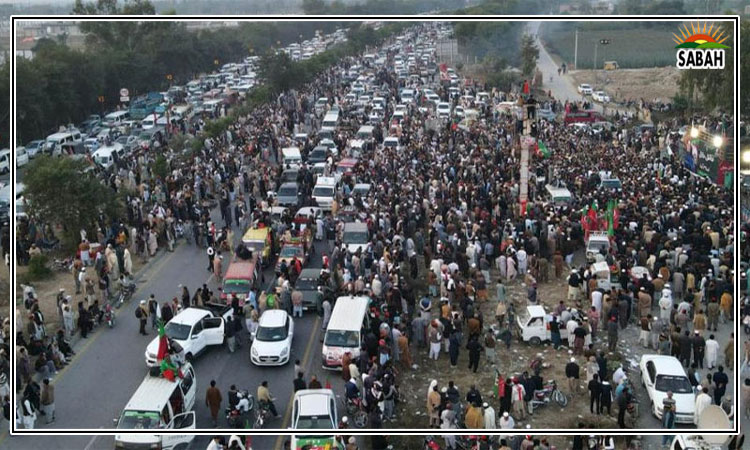An invisible country…Kamila Hyat
Very few really think or consider the extent of suffering inflicted by the current economic crisis on the majority in the country. The starvation, the deprivation, the lack of healthcare, the children being pulled out of school, the mothers going without food so their children can eat it all makes for a picture that is so sad it is hard even to fit it into Dickensian times or to picture it in true reality.
Few of us have seen a child who is literally so undernourished that he or she can barely walk or move around in any fashion. This, though, is the ugly truth that Pakistan hides and refuses to talk about it, insisting it will soon receive an IMF bailout and sufficient funds from friends to enable it to receive the tranche it continues to await.
The reality, though, is that Pakistan should be considering that it has very few friends left in the world. Pakistans geostrategic importance in the world has declined and it really has no reason for others to consider bailing it out in times of need such as the one we face now. This, of course, is entirely our own fault. While India has, over the years concentrated and actively worked on building for itself an image as Shining India, Growing India and other phrases of the same effect, Pakistan has not really moved in this direction. The result is that when people think about the country, they only imagine violence. They do not of course see the real face of Pakistan or the faces of the majority of people who do not actually support militancy.
Pakistan also seems to be a country that has lost all sense of direction and reason. The stormy battles we see being fought between institutions, within institutions and just beyond their doors leave us all wondering as to how the country is to survive. There are already forecasts that it will struggle very hard to do so and that the coming two to three years will be extremely difficult ones. The fact that we have failed to invest in our resources including human resources and have not educated people leaves us especially vulnerable to the sea of troubles that now heads our way.
Other nations have fared so much better even if they lie at a short distance from us and are located within South Asia. The union of Saarc nations, which should have formed the centerpiece for developing South Asia has never come about and the battles between New Delhi and Islamabad are obviously a major contributor to this. The government in New Delhi at the moment makes it extremely unlikely that there will be any swift turnaround of the fortune or ability to maneuver a basic point of agreement, even though there is some indication that the Shehbaz Sharif government is eager to do so.
Our country is in so many ways so secret that nobody knows the full scale of the horrors that lie within it. We do not hear about the coal miners, including children, who lose their lives in Balochistan and in other places across the country. We need to make our country more visible and more open. We need to show that Pakistan is a country that can build a future for itself. But the question of course is how and through what means this can happen. For most of us, there are many questions and too few answers.
The start should come with education and the rebuilding of government schools. Of course, it requires money but it has to come from somewhere. Many of us can consider how this could be managed by cutting into some features which take up the massive percentages of the national budget. We can see in the annual budgetary pie how this happens and what features we are talking about. Change has to come and come quickly. The majority of people in Pakistan, such as the workers who no longer protest their rights because they have no ability to do so with the crushing of unions, need this change.
There should be some consideration as to how we reached the stage and why. So far no one has really documented the stages which led us to our present state of virtual paralysis and inability to rise from what we face before us. A way has to be found. Suggestions have been offered such as building tourism in the country. But we must ask if this is even realistic, considering the situation of our tourist areas and the question of what tourists would visit them in the absence of entertainment or sources of activity. There is indeed a great deal to think about and for now we have too few answers. The largely silent people of Pakistan remain silent and their silence is now a deafening and oppressive one.
Courtesy The News


